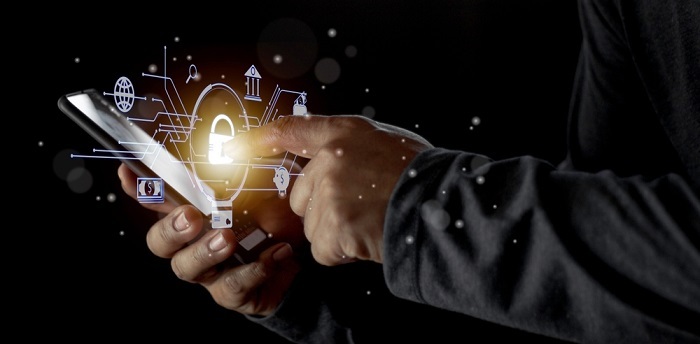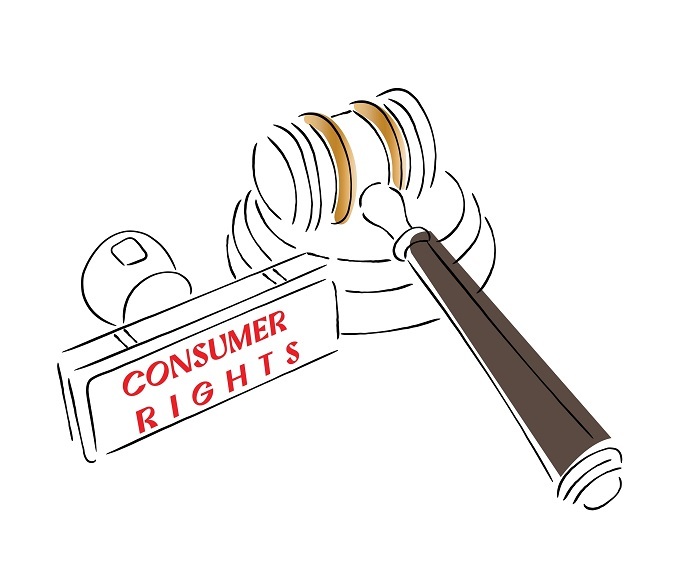
 Data Structure
Data Structure Networking
Networking RDBMS
RDBMS Operating System
Operating System Java
Java MS Excel
MS Excel iOS
iOS HTML
HTML CSS
CSS Android
Android Python
Python C Programming
C Programming C++
C++ C#
C# MongoDB
MongoDB MySQL
MySQL Javascript
Javascript PHP
PHP
- Selected Reading
- UPSC IAS Exams Notes
- Developer's Best Practices
- Questions and Answers
- Effective Resume Writing
- HR Interview Questions
- Computer Glossary
- Who is Who
Are Companies Accountable When Consumers Misuse Their Products?
It is the obligation of businesses to guarantee that their goods are trustworthy, safe, and live up to the demands of customers. This duty goes beyond production to cover the full product lifespan, from conception and advancement to recycling and regeneration.

Making sure that customers may safely use what they buy is one of the main duties of businesses. It also entails creating goods that are free of flaws and can be employed safely as intended, as well as carrying out thorough testing to uncover any possible hazards.
Businesses must also make absolutely certain that their goods are of a high caliber and live up to what customers want. This entails using expensive supplies and making investments in R&D to generate novel goods that provide distinctive advantages.
Sustainability is an additional crucial component of product responsibility. Businesses have an obligation to use goods and processes that have little detrimental effect on the environment when designing and producing products that have been deemed environmentally friendly. This entails decreasing waste and supporting the use of essential components that are sourced sustainably, as well as creating goods that are recyclable or can be recycled at the end of their useful lives.
A company's legal responsibility to guarantee the excellence and protection of its products goes beyond its legal and ethical responsibilities. The production and sale of goods are governed by strict rules and laws in many nations, and businesses that don't comply with these requirements may be held legally liable.
Are Companies Accountable When their Products are Misused?
Businesses are typically not liable for consumer misuse of their products. There happen to be a few alternatives to this rule, though.
In the event that a customer is hurt while using a product that was sold by a firm without proper warnings or directions for safe use, the business in question might have to be held accountable. In these situations, irrespective of whether the customer was abusing the device, the corporation may be considered responsible for failing to give enough caution or directions.
Organizations may also be held accountable if they promote their goods in an approach that encourages improper or unlawful use. For instance, if a business promotes an item as a method to become wasted or high.
However, in broad terms, firms are not liable for the exploitation of their goods; instead, users have responsibility for utilizing items properly and safely. The correct use of the goods produced by a business, as well as any potential risks or hazards linked with the goods, must be clearly and accurately communicated by the company. Reducing the chance of customer misuse can serve to safeguard both the client and the business.
What businesses may do if customers abuse their products
There are numerous steps a business can take if a customer misuses its product ?
Give precise and straightforward information ? Businesses should give precise and straightforward details about how their products should be used in addition to any potential dangers that might be involved. This can reduce the possibility of customer abuse.
Publish warnings ? If a business learns that a customer is abusing one of its products, it may publish cautions informing customers of the risks associated with using it incorrectly. Injuries or property damage may be reduced as a result.
Product modification ? Businesses may change their products for the purpose of making them safer or to deter misuse. For instance, a business might modify the appearance of an item or include security safeguards to make it harder to use it incorrectly.
Products recall ? A corporation may recall a product if it is discovered to be harmful in order to take it off the marketplace and stop any additional damage.
Compensation ? If a customer suffers harm as a result of a customer's misuse of a product, an organization may compensate the customer. This can entail covering penalties or other costs associated with the damage.
Businesses should, in general, take precautions to prevent product misuse and guarantee that its components are utilized properly and safely. If misuse does occur, businesses should respond appropriately to lessen the damage to consumers and safeguard their brand.
Ways in which consumers can misuse the products
Piracy ? Utilizing IT items including software, films, music, and games without the required consent or payment is known as piracy. Buyers may obtain unlawful downloads at the moment file-sharing, or different ways for acquiring these items' pirated versions.
Hacking ? Hacking entails gaining unauthorized access to networked computer systems, or equipment. In an effort to access private data or harm the system, users may try to breach computer networks or systems.
Spamming ? Spamming is the practice of sending numerous recipients unwanted messages and emails. Customers may send unwanted communication or take part in other forms of unwelcome advertisement through IT goods like email or messaging services.
Malware ? The term "malware" refers to harmful software, such as spyware, worms, or trojan horses, that is intended to harm IT systems or acquire personal data. By browsing dubious links, accessing corrupted files, or accepting corrupted file attachments, users run the risk of unintentionally installing spyware on their computers.
Consumer Legal Rights if False Allegation Made

Consumers have a number of legal rights and alternatives for solutions if businesses make false accusations against them. They might consist of ?
Defamation lawsuit ? If the untrue statements are made in public and damage the buyer's reputation, the consumer may be able to pursue legal action for defamation. Spreading false claims that damage the image of somebody is referred to as defamation. The client may file a claim for damages against the business under such circumstances.
Consumer protection laws ? The majority of nations have consumer protection laws that forbid companies from presenting erroneous or deceptive claims about their offerings. The customer can complain to the appropriate safeguarding authority if the organization's untrue claims pertain to a service or product in question.
Unfair commercial practices ? False or deceptive statements about rival companies or clients are illegal in several nations under unfair commercial practices legislation. Consumers can complain to the proper regulatory agency if the business' false claims are a component of an ongoing sequence of unfair business practices.
In general, if a business accuses a customer of something, they have legal recourse and protection. Depending on the situation, the customer may decide to file a defamation lawsuit, appeal to a regulation or consumer advocacy organization, or send a cease-and-desist letter.
Conclusion
Organizations are typically not held liable when customers exploit their items since individuals, not the provider or manufacturer, are typically to blame for product misuse. Nonetheless, there are some circumstances in which businesses might be considered accountable for damage or harm brought on by the customer misusing their goods, such as if the item in question was built or designed with a fault or if the business neglected to give customers enough precautions or instructions. It is crucial for businesses to make sure their products are secure and that clients are given the appropriate instructions or precautions in order to lower the chance of harm. In the end, it is the obligation of the user to utilize items as designed and to heed all directions and cautions in order to prevent any potential injury.

